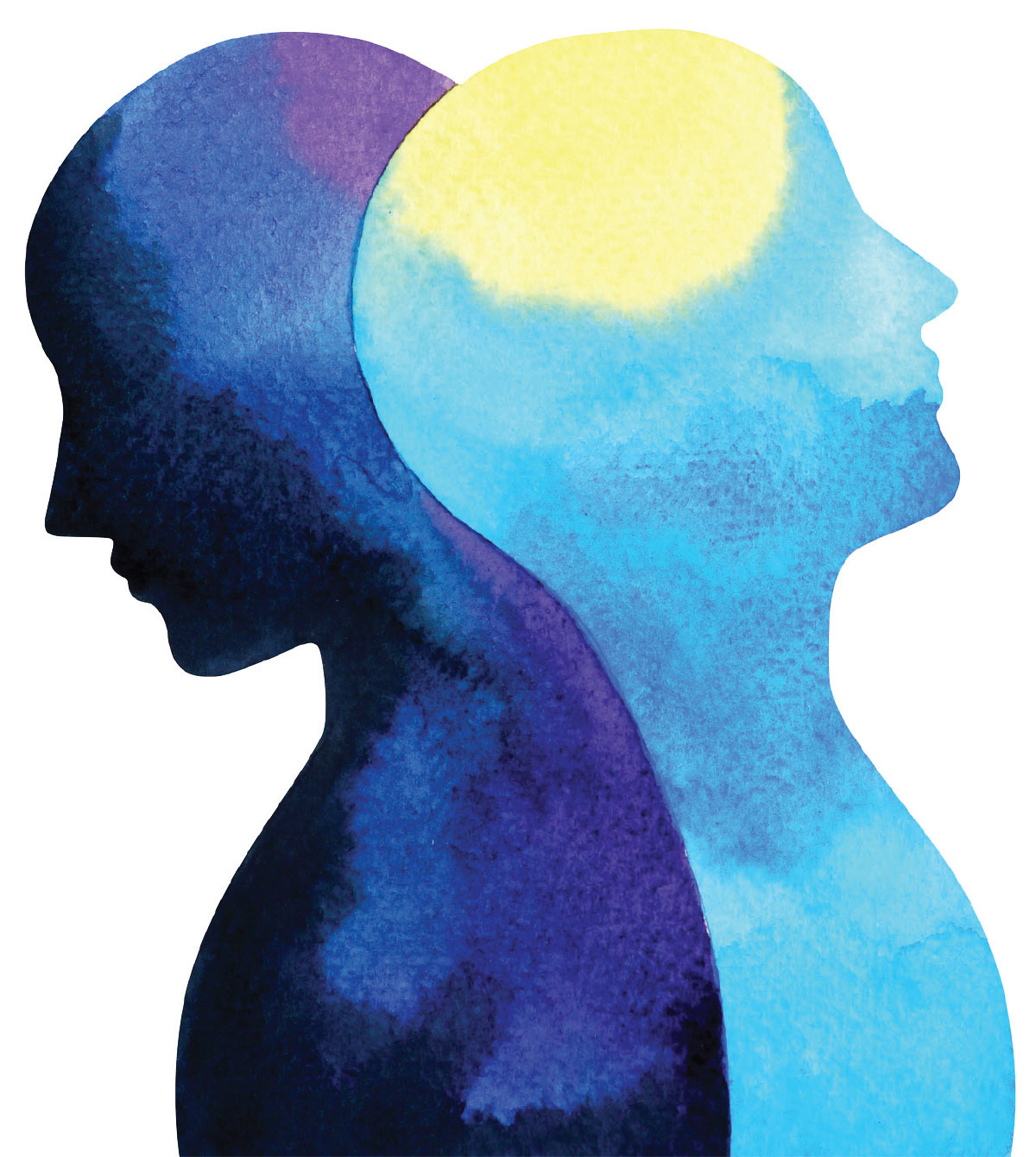Shortly after our fiftieth anniversary, my husband, Ady Berger, was diagnosed with Alzheimer’s. His response when hearing the three fatal words, “you have Alzheimer’s” was, “I don’t want to live anymore.”
During the first year after the diagnosis, he followed the typical path: stubbornness, frustration, irritability, rigidity, annoyance (if not anger) and inappropriate behavior. During the next five years, he became known as the man with the radiant smile. He was able to do what was unthinkable in the earlier years. He returned to activities that had remained dormant: playing the piano for an hour a day (Beethoven, Mozart, Rachmaninov, Brahms). He learned new skills: nightly drawing (never in his life before) and writing little love notes to me every night. He took delight in actions that were beyond his grasp in the early Alzheimer’s years like Sudoku. When introduced again in later years, he did Sudoku puzzles virtually every night with me at his side. (No hints).
Six years after the diagnosis at what unexpectedly turned into the last night of his life, we took 17 friends out to dinner as a thank you. Without being briefed in advance about who was coming, he greeted every guest by name. When we sat down, he made the most articulate toast (a total surprise to me) thanking each one for their caring, their calls, their looking after me. As we left the dinner, two couples said the identical words, “Are you sure he has Alzheimer’s?
What motivated this startling transformation? Multiple factors made this remarkable progress possible. In this brief article, I will focus on one:
The attitude WE bring to our unanticipated role as a caregiver, can and does make a difference in the life of your loved one and your own. Psychiatrist Viktor Frankl, survivor of the Nazi death camps, wrote in Man’s Search for Meaning, “The thing no one can take away from us is the right to choose our attitude.”
My husband and I were blessed with a good marriage that had its bumps, as all marriages do, but through the years, we learned to work out our differences. I watched in horror as Ady continued to go downhill during that first year of diagnosed Alzheimer’s. And then, sensitive to his every move, I began to observe how my own actions contributed to his frustration and loss of dignity.
Some examples: One of the most universally known Alzheimer’s symptoms is the patient asks the same question over and over again, forgetting the answer a few minutes later. Early on, if Ady asked, “Where are you going tonight?” for the fifth time, I did what everyone does. I responded with a tiny intake of breath, or a raised eyebrow, or briefly closing my eyes, or with some other nonverbal expression that said, “I’ve told you that a hundred times.” I then spoke as calmly as I could. “I’m going with Elaine to the ballet.” The words themselves were fine, but the damage done in an instant by my nonverbal response could not be undone. My initial raised eyebrow was like a punch in the gut. Ady felt diminished and disappointed in himself.
Watching this reaction, I was determined not to respond ever again with even a hint of annoyance. When frustration crept in, as it is bound to, I learned to tell myself: “He would not be asking if he remembered.” That one simple thought helped me react with compassion and tenderness rather than with frustration and annoyance. I learned to respond for the eighth time with the same love and kindness as I had the first: “Sweetie, I’m going to the ballet with Elaine,” often giving Ady a loving pat on the cheek or taking his hand. It was one of the most difficult decisions for me to carry out. But it became easier as the results were so reinforcing. His response was always appreciative.
Another major breakthrough came from observing our wonderful house keeper, Lizette, One morning she came into the bedroom and instead of saying with a cheery voice, “Mr. Berger, your breakfast is ready.” she said, “Mr. Berger, are you ready for breakfast?” The brilliance of that difference struck me like a thunderbolt. The first is an implied command. Your breakfast is ready – you have to come now. The latter was a question and the decision was his. He was in control. From that moment on, I phrased virtually every request, not by telling him what he had to do, but as a question. “Would you like to go on the stationary bike now or take your walk?”
“Would you like to draw now—or do a Sudoku problem?” “Would you like to go to the bathroom before we leave for the doctor’s appointment?” My questions were within the confines of what needed to be accomplished. Whatever choice he made was fine. He owned the decisions he made. He was able to retain his dignity, and best of all, most of the early opposition ceased.
The most significant change I consciously made was my own behavior. When problems arose, I came to him, not with annoyance or anger but with loving words and kindness. Anything said with a tone of annoyance or anger, brings opposition and diminishes the patient. I discussed everything openly with him. Before addressing a negative situation, I always began with some expression of love. Either a pat on his cheek or saying, “Do you know how much I love you?” and then he was ready to receive whatever it was that I needed to say. We became a team pulling together in the same direction. The solutions were often his. Once I understood that I could not give him the best life possible, without changing myself, my path became clear. The more I was able to give kindness, appreciation, support and praise, the more he thrived.
Nothing I have described that worked for us is a guarantee that others will have similar results. Every relationship is different. My hope is to help others on this journey experience a less stressful time by knowing:
That we are not the hapless victims of fate …
That our actions can and do make a difference…
That we can choose to live with hope and JOY.

 Helene Berger is the author of CHOOSING JOY – ALZHEIMER’S: A Book of HOPE, which was inspired by the unanticipated positive results her husband achieved after his diagnosis of Alzheimer’s. For more information visit heleneberger.com.
Helene Berger is the author of CHOOSING JOY – ALZHEIMER’S: A Book of HOPE, which was inspired by the unanticipated positive results her husband achieved after his diagnosis of Alzheimer’s. For more information visit heleneberger.com.




















